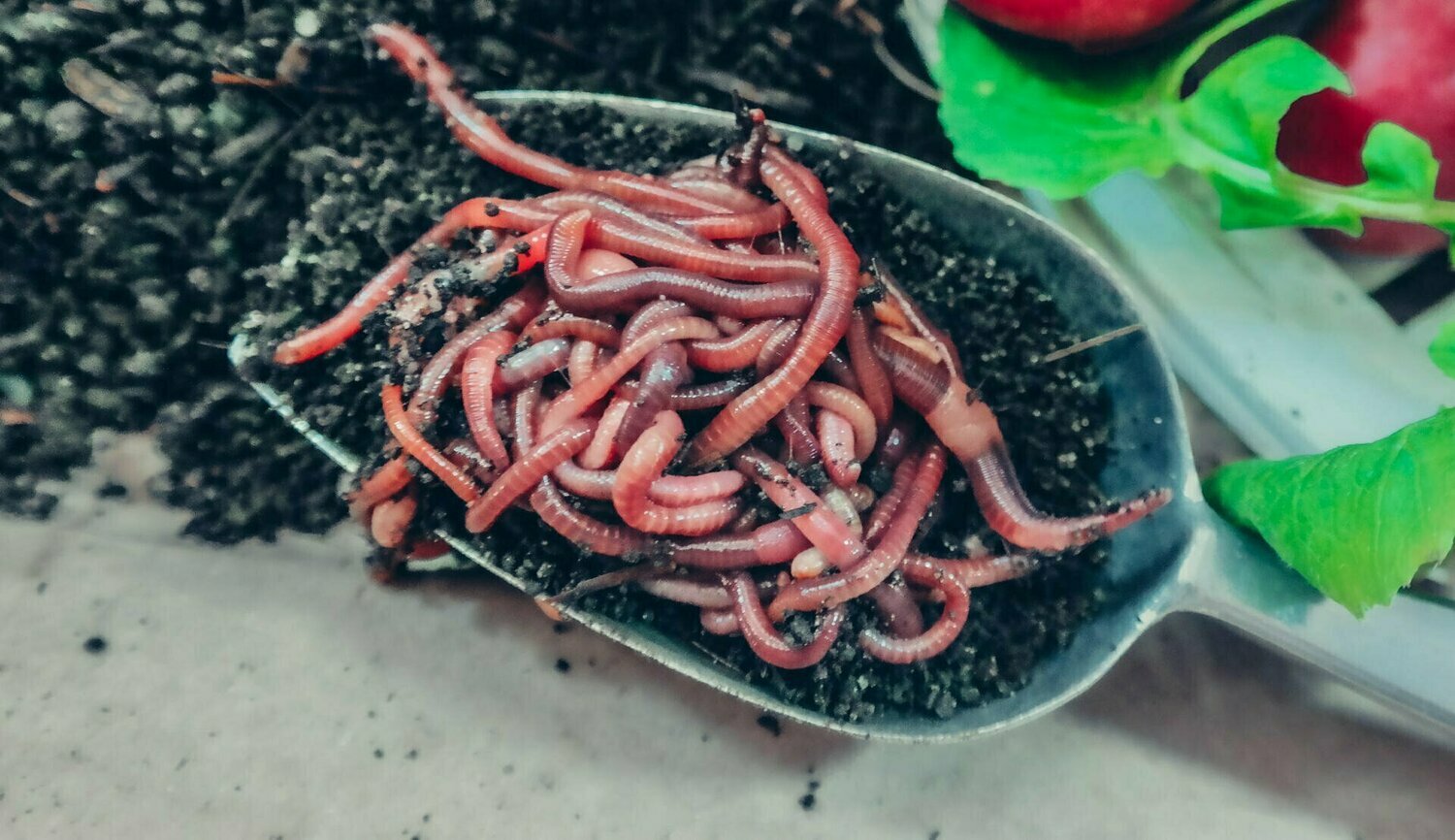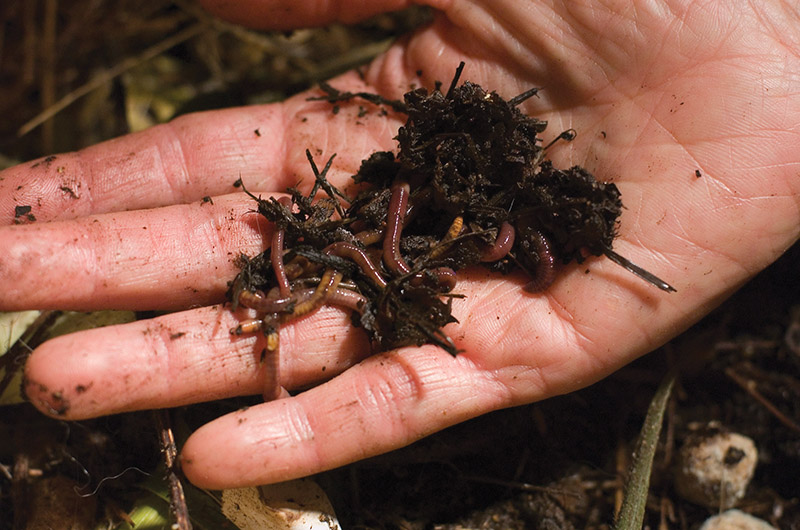Red Wiggler Worms Demystified: Opening the Secrets of Vermiculture for Greener Living and Nutrient-Rich Soil
In the world of sustainable techniques for improving soil quality and promoting eco-conscious living, red wiggler worms play a crucial yet typically ignored function. These simple creatures possess the amazing ability to change natural waste into nutrient-rich castings that function as a powerful all-natural fertilizer. By diving right into the world of vermiculture, one can discover a plethora of advantages that prolong far past typical composting approaches. Recognizing the ins and outs of looking after these worms, optimizing their atmosphere, and harnessing their castings can bring about a greener way of life and healthier dirt for plants to grow.
The Duty of Red Wiggler Worms
Red Wiggler worms play an essential duty in composting systems by efficiently damaging down organic matter right into nutrient-rich spreadings. These starved eaters eat a selection of organic products, such as kitchen area scraps, backyard waste, and paper items. As they feed, the worms' digestion procedures damage down the raw material into a fine, dark, and nutrient-dense product called worm castings or vermicompost.
The castings created by Red Wiggler worms are extremely valuable for dirt wellness and plant growth. They are abundant in essential nutrients like potassium, phosphorus, and nitrogen, which are vital for sustaining healthy plant advancement. Furthermore, worm spreadings consist of helpful microbes and enzymes that help improve dirt framework, boost water retention, and enhance nutrient uptake by plants.
Benefits of Vermicomposting

It improves soil framework, improves soil aeration, and increases soil moisture retention. Vermicompost also improves the soil with essential nutrients like nitrogen, potassium, and phosphorus, advertising plant development and overall dirt fertility.
In addition, vermicomposting supports sustainable gardening techniques by supplying a chemical-free and all-natural choice to artificial fertilizers. Red Wiggler Worms. This eco-friendly approach not only improves the dirt however also aids decrease dependence on harmful chemicals, advertising a greener and a lot more lasting means of gardening
Setting Up a Worm Container
When establishing a worm container for vermicomposting, proper arrangement is important to guarantee the success of the composting procedure. The initial action in establishing up a worm container is picking an appropriate container. This can be a plastic container or wood box that provides sufficient area for the worms to move around and has proper drainage holes to prevent waterlogging. Next, a bed linen product such as shredded newspaper, cardboard, or coconut coir must be included in the bin. This bedding offers a comfy setting for the worms and assists maintain moisture levels.
After including the bed linens, introduce the red navigate to this website wiggler worms to the container. The worms need to then be offered with food scraps such as fruit and vegetable peels, coffee premises, and eggshells.
Frequently check the moisture levels and temperature level in the worm container to guarantee ideal problems for the worms. With proper setup and maintenance, the worm container will successfully convert organic waste right into nutrient-rich compost for your plants and garden.
Harvesting Worm Castings
To efficiently accumulate nutrient-rich worm castings from your vermicomposting system, a methodical harvesting approach is necessary. When it comes time to gather the worm castings, there are a couple of key steps to follow to make certain a successful procedure.

Troubleshooting Common Issues
Identifying and resolving usual difficulties that may occur during the vermicomposting procedure is vital for maintaining a productive and healthy worm bin. One typical problem that vermicomposters experience is useful link overfeeding. Including excess food scraps can lead to a buildup of moisture and acidity in the worm container, possibly hurting the worms. To avoid this, feed the worms in moderation, ensuring that the food scraps are sufficiently broken down prior to adding much more. Another concern is undesirable odors emanating from the worm container. Foul scents suggest anaerobic conditions, typically caused by overwatering or poor ventilation. To fix this, adjust the dampness levels by adding completely dry bed linen materials like shredded paper or cardboard and increase oygenation by transforming the bedding on a regular basis.
Furthermore, if the worm populace is decreasing or the worms appear unhealthy, maybe as a result of ecological stressors such as severe temperature levels or pH levels. Keeping track of these factors and making required modifications is important for the health of the worms. By troubleshooting these typical problems without delay, vermicomposters can guarantee a smooth and effective vermicomposting process while preserving a growing worm population.

Conclusion
In conclusion, from this source red wiggler worms play an essential role in vermiculture by damaging down natural issue right into nutrient-rich dirt. Establishing up a worm bin is vital for successful vermiculture, and harvesting worm castings gives useful garden compost for horticulture.
As they feed, the worms' digestive system procedures damage down the organic matter right into a penalty, dark, and nutrient-dense material recognized as worm spreadings or vermicompost.
The spreadings created by Red Wiggler worms are extremely beneficial for dirt health and plant growth. Including excess food scraps can lead to a buildup of wetness and level of acidity in the worm container, possibly damaging the worms.Additionally, if the worm population is declining or the worms appear undesirable, it can be due to environmental stressors such as extreme temperature levels or pH levels. Establishing up a worm container is vital for successful vermiculture, and gathering worm spreadings provides useful garden compost for horticulture.